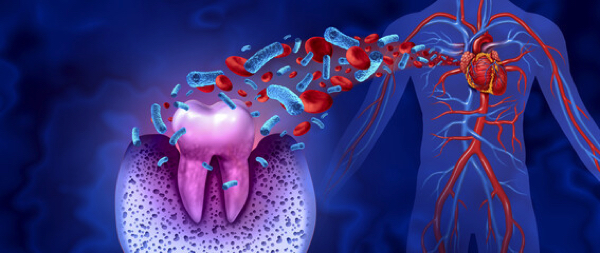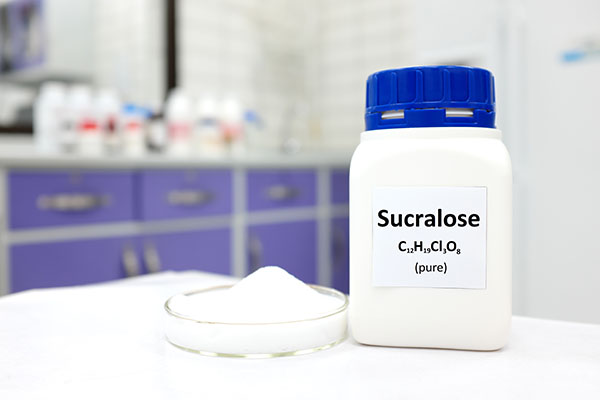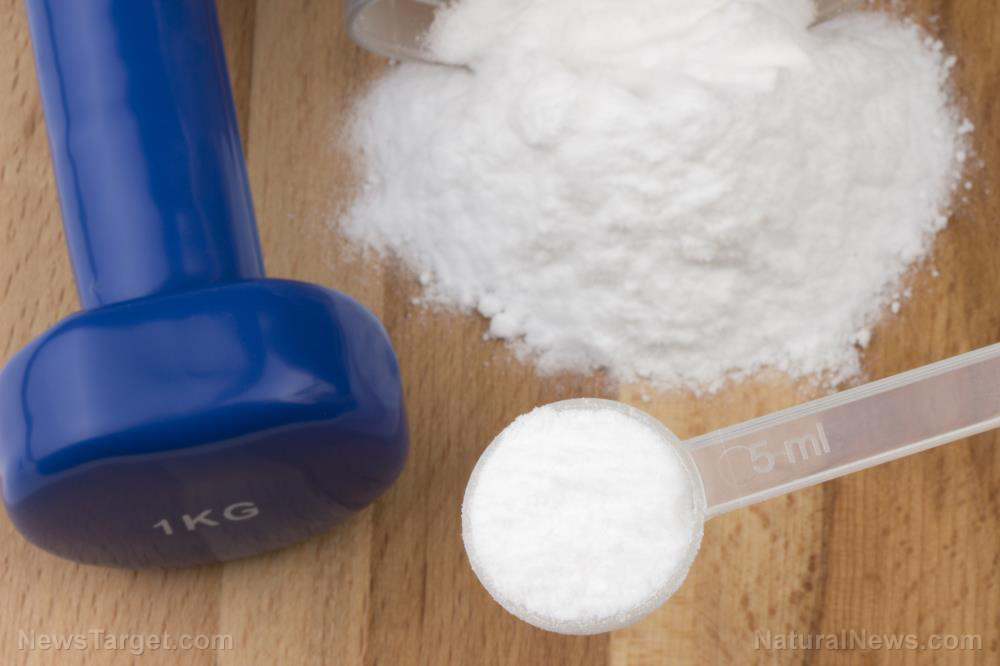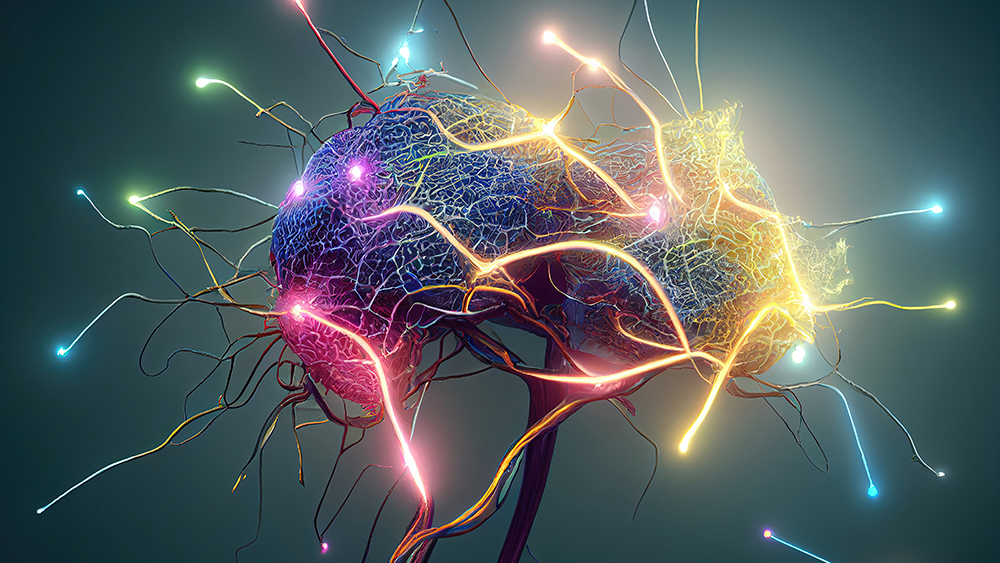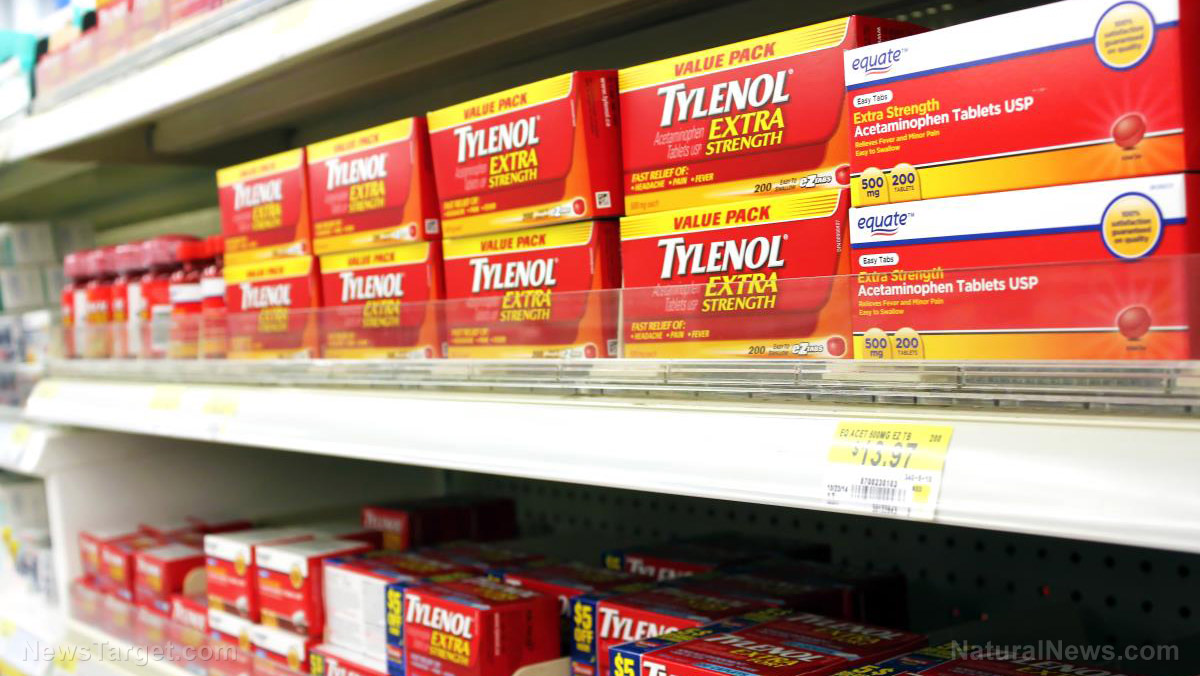Peppermint oil emerges as powerful remedy to combat various causes of bloating
10/21/2025 / By Lance D Johnson

- Bloating is a global issue, with nearly one in five people experiencing it weekly, and it affects twice as many women as men.
- The condition is not a single entity but manifests in at least five distinct types: gas-related, water retention, hormonal, food sensitivity, and sluggish digestion.
- Contrary to popular belief, the sensation of bloating is often a problem of perception and sensitivity, not necessarily an actual increase in intestinal gas.
- A multifaceted approach involving dietary adjustment, stress management, and mindful movement can help overcome persistent bloating.
- While typically benign, persistent bloating accompanied by symptoms like fever or blood requires medical consultation.
- Peppermint oil emerges as a powerful remedy for different causes of bloating.
The many faces of a common discomfort
The recent Rome Foundation Global Epidemiology Study, a monumental survey of over 50,000 individuals across 26 countries, solidifies what many have felt privately: bloating is a global experience. The study found that 18 percent of the global population contends with this sensation at least once a week. The data reveals a stark gender divide, with women being twice as likely as men to report these symptoms, a finding echoed in earlier research from institutions like the University of North Carolina. This disparity suggests that the experience is not just physiological but may also be influenced by biological and social factors that shape how symptoms are perceived and reported.
Public Health Nutritionist Dr. Emma Derbyshire helps demystify the condition by categorizing it into five primary types. While “gas bloating” from foods like beans and fizzy drinks is the most recognized, other forms are equally pervasive. Water retention bloat, for instance, can be sparked by factors as varied as long-haul flights, certain medications, or even the body’s delicate response to dehydration, where the body, in a paradoxical act of self-preservation, clings to precious water within its tissues. Hormonal bloat is a monthly reality for many women, driven by cyclical changes that can trigger both water retention and specific food cravings. Then there is the bloating born from food sensitivities and the sluggish, uncomfortable fullness that comes from impaired digestion.
The gut-brain connection and the perception of pressure
One of the most counterintuitive revelations in modern gastroenterology is that the feeling of being bloated is frequently a miscommunication within the body’s own systems. Research has consistently shown that many people who suffer from bloating, particularly those with conditions like Irritable Bowel Syndrome (IBS), do not actually produce more gas than others. Instead, their nervous systems may be hyper-aware of the normal passage of gas and digestive contents through the intestines, transforming a standard bodily process into a experience of distension and pain. This gut-brain axis helps explain why anxiety and stress are such powerful triggers. The body’s stress response can lead to the swallowing of air, a condition known as aerophagia, and can also alter gut motility, slowing digestion and creating a fertile ground for that bloated feeling.
The ecosystem within our digestive tract, known as gut flora, plays a starring role in this drama. This complex community of bacteria and fungi is essential for breaking down food, but its balance is delicate. An overgrowth of less helpful bacteria or a deficiency in beneficial strains can lead to inefficient digestion, especially when confronted with a sudden increase in fiber. This is why embarking on a new, health-conscious high-fiber diet can initially backfire, causing a surge in flatulence and bloating as the microbial community scrambles to adapt. The body is a resilient system, however, and typically within a few weeks, the flora adjusts, and the symptoms subside. This process highlights the importance of nurturing this internal garden with prebiotics from fibrous foods and replenishing it with probiotics, the beneficial bacteria found in supplements and fermented foods.
Five pathways to relief
Different types of bloat respond to different remedies, and a personalized approach is often the most successful.
The soothing sip: Peppermint Tea. This is not just an old wives’ tale. Peppermint oil, the active component in the tea, has antispasmodic properties that can help relax the smooth muscles of the gastrointestinal tract. This calming action can ease the cramping and gurgling associated with gas and sluggish digestion, allowing for the more comfortable passage of gas and digested food. Other herbs that show promise include but are not limited to: ginger root, activated charcoal, gentian root, marshmallow root tea.
The gentle nudge: Movement. When feeling swollen and heavy, the idea of exercise can seem dreadful. Yet, a gentle walk is one of the most effective remedies. Physical activity stimulates the muscles in the gut, encouraging the movement of trapped gas and relieving constipation. Dr. Derbyshire calls these “exercise snacks,” suggesting small bursts of activity like squats or push-ups throughout the day to keep the digestive system from becoming stagnant.
The hydration paradox: Drinking Water. For those suffering from water retention bloat, the instinct may be to restrict fluids. This is a mistake. Dehydration can signal the body to hold onto every drop it has, worsening the problem. Staying well-hydrated assures the body that water is plentiful, reducing the hormonal signals that promote fluid retention and helping to flush out excess sodium that contributes to puffiness. However, bloating, gas, and indigestion may occur in some individuals after heavy fluid consumption, a couple hours after eating a big meal. The excess fluids can disrupt the digestive process.
The microbial reset: Probiotics. Introducing beneficial bacteria like Bifidobacterium bifidum and Lactobacillus acidophilus can help restore balance to an upset gut. Dr. Derbyshire specifically points to Bifidobacterium longum 35624, which has clinical evidence supporting its role in reducing bloating and abdominal pain. For those struggling after a course of antibiotics or a period of dietary indulgence, a course of probiotics can help reseed the intestinal garden. Similarly, for some, a short course of digestive enzymes can provide temporary relief by helping to break down hard-to-digest foods before the gut’s own bacterial workforce is fully restored. Probiotics that are not properly stored or have already expired, may actually backfire and cause bloating and gas.
The mindful approach: Stress Management and a food diary. Since stress is a direct line to gut trouble, techniques like slow, deep breathing can physically calm the digestive system. Furthermore, Dr. Derbyshire strongly advocates for the power of a food and symptom diary. Bloating is a personal puzzle; what triggers one person may be fine for another. By meticulously tracking intake and symptoms, patterns emerge. Perhaps the bloating flares after a holiday indulgence, or maybe it is consistently linked to sugar-free sweeteners. This detective work empowers individuals to identify their unique triggers and make informed choices, moving from a place of frustration to one of control.
Peppermint oils emerges as solution for bloating
Peppermint oil, derived from Mentha piperita, is a scientifically recognized phytotherapeutic agent for managing functional gastrointestinal discomfort, particularly symptoms of gas and bloating. Its efficacy stems from a dual mechanism of action targeting both digestive processes and intestinal motility. The primary active compound, menthol, is a potent antispasmodic. It acts directly on the smooth muscle tissue of the intestinal wall, inhibiting muscle contractions and reducing spasms that cause cramping and pain. This relaxation of the gut musculature also facilitates the easier passage of trapped gas, thereby alleviating bloating and discomfort.
Concurrently, peppermint oil exhibits carminative and digestive-stimulant properties. It stimulates the flow of bile from the gallbladder and increases gastric secretions. Bile is essential for the emulsification and digestion of dietary fats, while enhanced gastric activity promotes the more efficient breakdown of food. This combined action prevents the stagnation and fermentation of undigested food by gut bacteria, a primary source of intestinal gas. By improving the digestive process itself and soothing the intestinal tract, peppermint oil effectively addresses both the cause and symptoms of gas and bloating.
While bloating is usually a temporary and manageable condition, it is crucial to recognize when it signals something more serious. Medical guidance should be sought if bloating persists for three weeks or more, occurs with alarming frequency, or is accompanied by red-flag symptoms such as unexplained weight loss, blood in stool, severe abdominal pain, or fever. For the millions for whom bloating is a recurring, uncomfortable reality, understanding its multifaceted nature is the first step toward deflating its power and reclaiming a sense of comfort and well-being.
Sources include:
Submit a correction >>
Tagged Under:
#nutrition, abdominal pain, alternative medicine, bloating, digestion, essential oil, food sensitivity, gas, gut health, health, hormones, hydration, IBS, microbiome, natural cures, natural health, natural medicine, peppermint, probiotics, remedies, stress, water retention, wellness, women's health
This article may contain statements that reflect the opinion of the author

